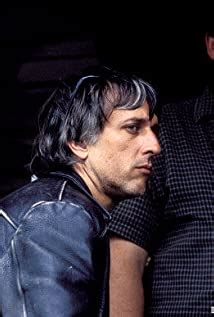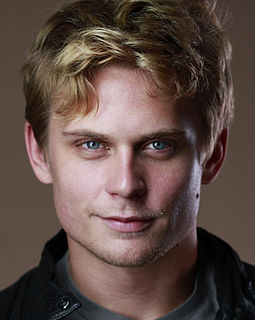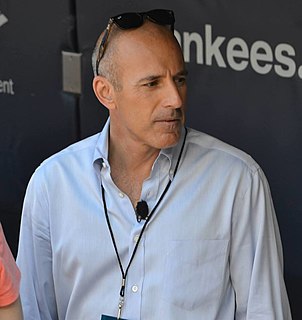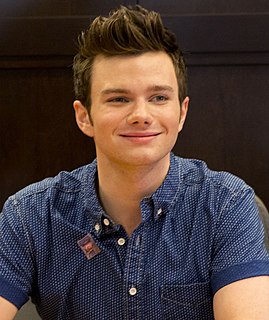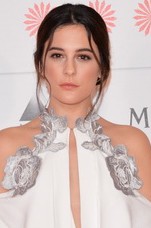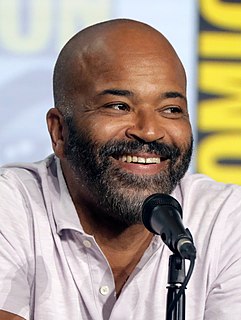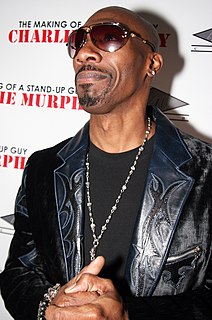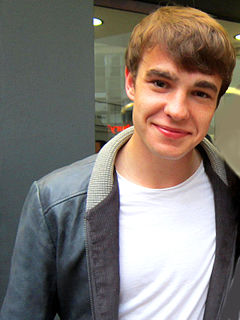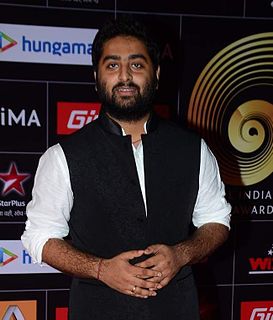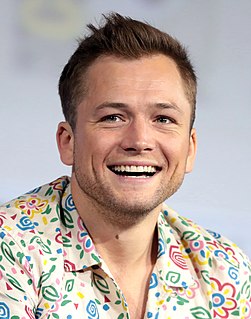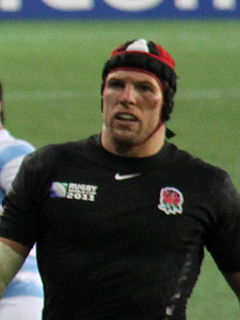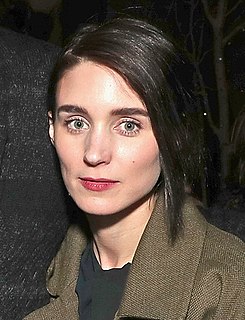A Quote by Kurt Voss
Someone comes and drags you in front of the camera, and they're already saying, "Okay, we got it. Moving on." You get one or two takes. So it's a tough job.
Related Quotes
I really trust the authenticity of real people and my job is to get them to be themselves in front of the camera. Often what happens is, you'll get a newcomer in front of the camera and they'll freeze up or they imitate actors or other performances that they've admired and so they stop becoming themselves. And so my job as the director is just to always return them to what I first saw in them, which was simply an uncensored human being.
Being in front of the camera - first of all, when I wanted to get into television, it was as a producer. I never had an idea that I would do anything in front of the camera, and that kind of happened by accident. But I wanted to be a producer or give me a job with the Yankees or play for the Knicks. I was a sports nut when I was a kid.
The camera course was a bit crap. But when I was in drama school, I wasn't interested. I wanted to be a stage actress. I was not interested in learning camera craft. But then you throw yourself in the deep end when you do get a job in front of the camera because you have absolutely no idea what you're doing, and it is a skill.
